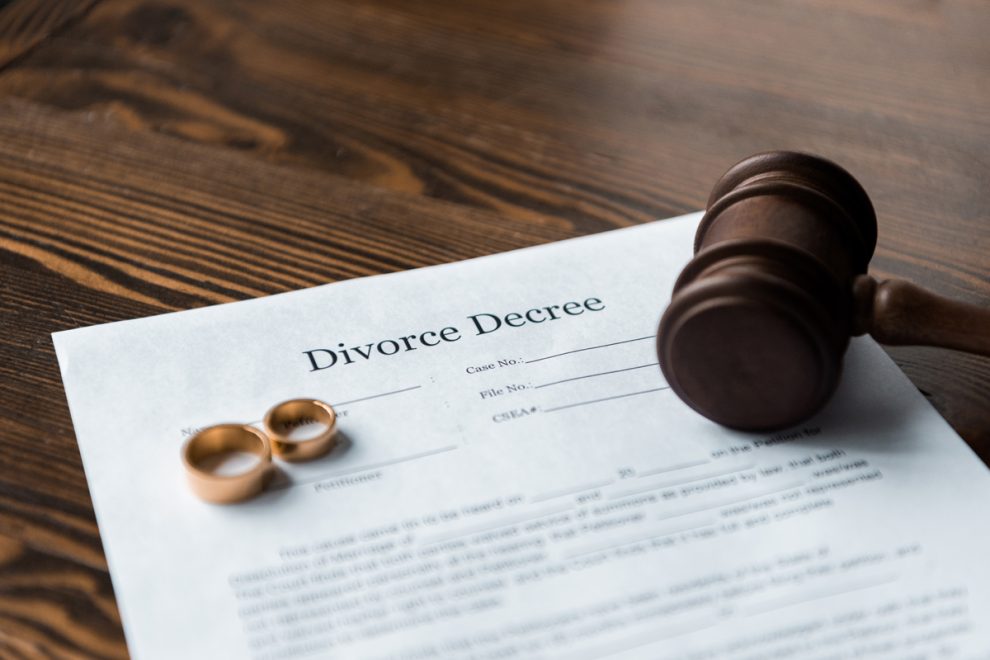What Happens After Judge Signs Divorce Decree?
Each and every divorce case is unique, which means there is no way to predict exactly what will happen once a divorce decree is signed by the judge. However, we can explore a few common scenarios below! What Is A Divorce Decree? Think of a marital settlement agreement as simply the preliminary process of the…
















